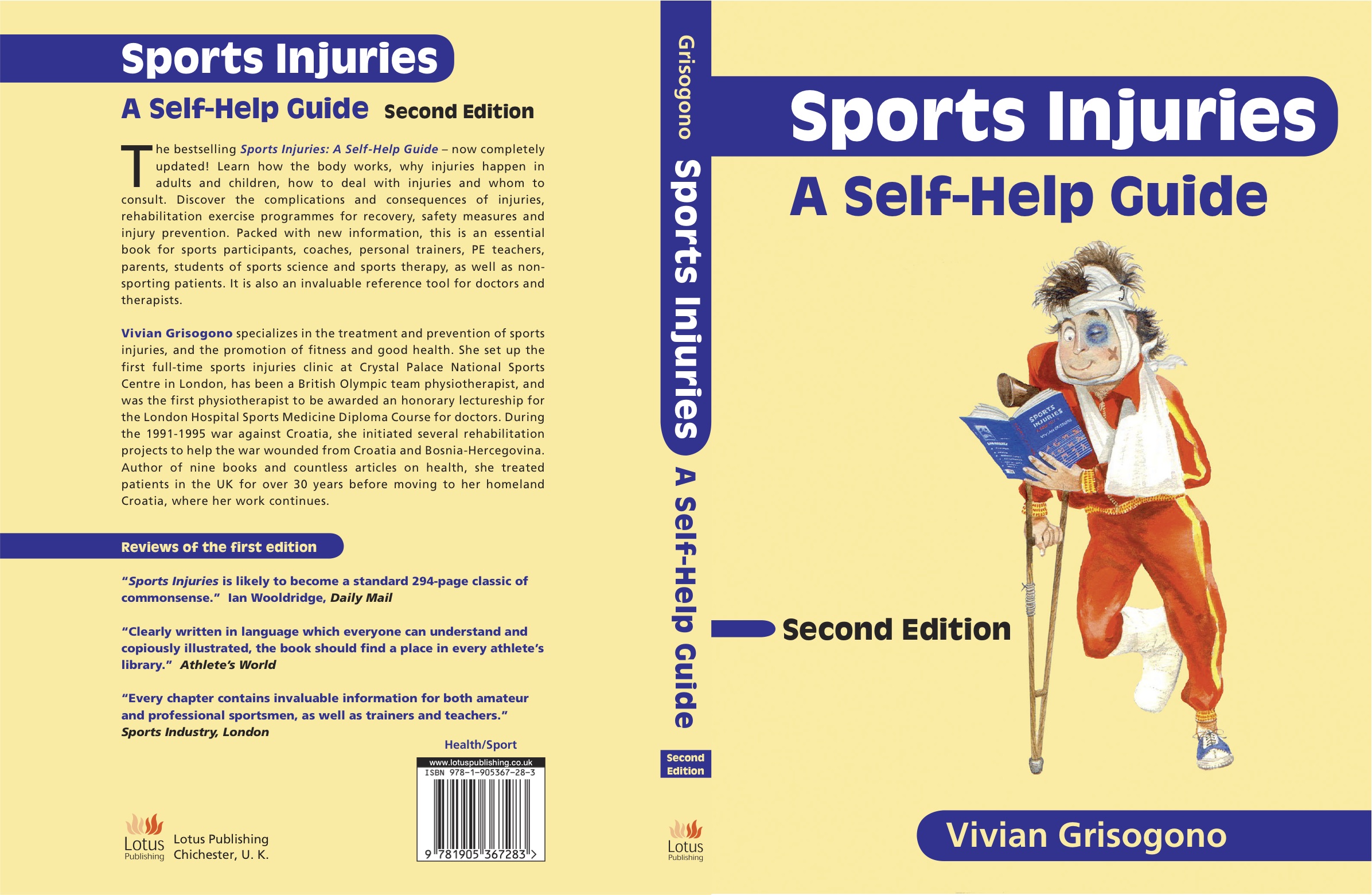The majority of fun-runners take part in the marathon to raise money for charity. David Rogers was running the marathon in aid of the Motor Neurone Disease Association. Donations amounted to well over £7,000 shortly after the Marathon, well in excess of the £1,000 he had set as his target. Many fellow-runners gave to his cause in his memory, through the website www.justgiving.com.
The cause of David Rogers’ death was given as hyponatraemia, or insufficient sodium. Sunday 22nd April was a blisteringly hot day in London, with high humidity, and the field was the largest yet, with over 36,000 runners. Over 750 runners dropped out during the race. The Marathon organizers had taken every reasonable precaution to ensure runners had access to water and cooling showers, and had warned runners not to drink too much.
The problem for anyone is defining what is too much or too little in terms of fluid intake. We are exhorted to drink about 2 litres of plain water daily as a normal intake. An athlete may need 6 litres or more in hot humid conditions. Then there’s the question of salt: most health specialists advise reducing salt intake. Recent studies have confirmed that salt can be harmful to health, especially because excess salt can raise blood pressure. But salt is also important to the body systems, especially in balance with potassium. No study that I have seen has mentioned the important balance between fluid intake and substances like salt and potassium. Many people take in too much salt and too little water. But with an adequate fluid intake, there is also a need to maintain minerals, including salt, otherwise substances like sodium literally get washed out of the body.
Acute hyponatraemia is a known risk of doing long bouts of physical exercise, including hiking and marathon running, in sweltering heat. Taking in plain water in such conditions isn’t adequate: hypertonic drinks which contain electrolytes are needed. As there are many different types of hypertonic drinks, athletes have to identify which is best for them in terms of effect and taste.
Given the vagaries of British weather, conditions for the London Marathon over the years have varied from cold, windy, wet, mild, to this year’s heat and humidity. David Rogers’ tragic death emphasizes the need for participants to prepare thoroughly for any conditions as an essential part of their training.
The cause of David Rogers’ death was given as hyponatraemia, or insufficient sodium. Sunday 22nd April was a blisteringly hot day in London, with high humidity, and the field was the largest yet, with over 36,000 runners. Over 750 runners dropped out during the race. The Marathon organizers had taken every reasonable precaution to ensure runners had access to water and cooling showers, and had warned runners not to drink too much.
The problem for anyone is defining what is too much or too little in terms of fluid intake. We are exhorted to drink about 2 litres of plain water daily as a normal intake. An athlete may need 6 litres or more in hot humid conditions. Then there’s the question of salt: most health specialists advise reducing salt intake. Recent studies have confirmed that salt can be harmful to health, especially because excess salt can raise blood pressure. But salt is also important to the body systems, especially in balance with potassium. No study that I have seen has mentioned the important balance between fluid intake and substances like salt and potassium. Many people take in too much salt and too little water. But with an adequate fluid intake, there is also a need to maintain minerals, including salt, otherwise substances like sodium literally get washed out of the body.
Acute hyponatraemia is a known risk of doing long bouts of physical exercise, including hiking and marathon running, in sweltering heat. Taking in plain water in such conditions isn’t adequate: hypertonic drinks which contain electrolytes are needed. As there are many different types of hypertonic drinks, athletes have to identify which is best for them in terms of effect and taste.
Given the vagaries of British weather, conditions for the London Marathon over the years have varied from cold, windy, wet, mild, to this year’s heat and humidity. David Rogers’ tragic death emphasizes the need for participants to prepare thoroughly for any conditions as an essential part of their training.


